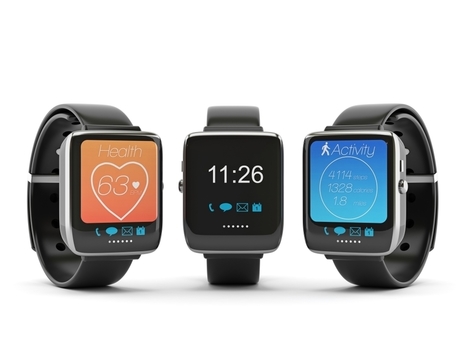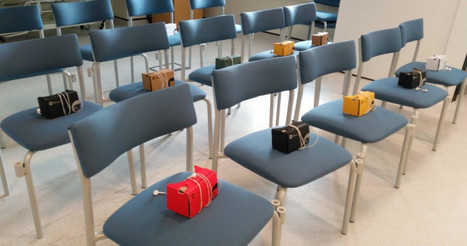Through immersive visualizations or constant feedback loops, the thinking goes, we'll be alternatively spooked and nudged into leading healthier lives.
It might not be that simple, as a new study shows by looking at wearables — a proxy, perhaps, for assessing the impact of other promising digital health tools. In the study, researchers evaluated 27 randomized trials to assess the effects of using wearables on patient outcomes (the review was published today in Eric Topol's new journal, Digital Medicine; http://go.nature.com/2D89h1l).
After analyzing the results, which included information on BMI, weight, body fat percentage, and blood pressure, the researchers found using wearables had “no statistical benefit on human health,” reports Brennan Spiegel, one of the study's authors.
This isn't the first time digital health's ability to improve behavior has been shown to be lacking. A 2016 Journal of the American Medical Association study found dieting adults who wore activity trackers for 18 months lost significantly less weight than those who didn't.
The counterintuitive behavioral economist Dan Ariely says he doesn't find the results all that surprising. Instead, they're an illustration of one of the myriad ways we're wired to make irrational decisions, such as rewarding ourselves with a high-calorie treat when we hit our daily step count.
It's not that wearables, VR, or other emerging tech can't improve patient outcomes. It's just that human behavior is complex, multifaceted, and hard to crack. “Data is confusing,” Ariely says.
To truly move the needle, he continues, digital tools will need to do more than present detailed information or immersive experiences. Instead, they must be sophisticated and reactive guides, capable of offering personalized feedback, encouragement, and tips (but only when we're ready to take them in).
“Some patients aren't ready to hear advice,” Spiegel concludes. “Some will contemplate it, but won't act on it. Some are ready to act, but don't have the tools.”
In other words, good luck meaningfully changing behavior without first identifying where a patient falls on this spectrum. With the “quantified self” hitting a roadblock and the jury still out on VR and other promising digital tools, we're not quite there yet.
Via Pharma Guy



 Your new post is loading...
Your new post is loading...









